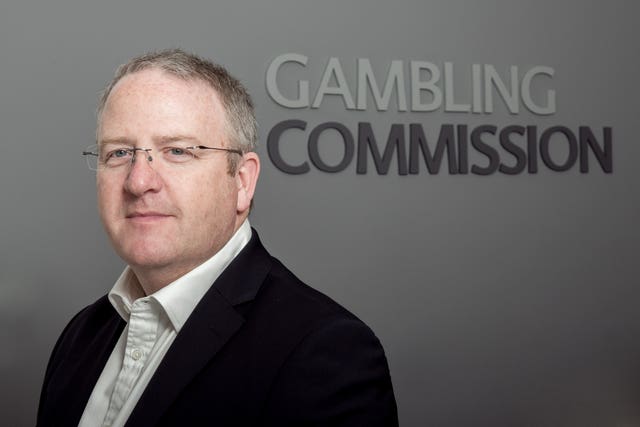NHS ‘should not be expected to pick up the pieces’ of problem gambling
National mental health director Claire Murdoch urged gambling firms to put an end to tactics that encouraged problem gamblers to chase losses.

The NHS’s mental health chief has called for bookmakers to end tactics that are helping fuel the UK’s gambling addiction crisis.
In a letter addressed to Gambling Commission chief executive Neil McArthur and Betting And Gaming Council chair Brigid Simmonds, the NHS’s national mental health director Claire Murdoch warned that the health industry “should not be expected to pick up the pieces” from lives damaged by problem gambling.
In particular, Ms Murdoch pointed to the prevalence of “certain tactics” used by firms to encourage gamblers to chase their losses as “concerning”.

“In particular … I am concerned that offering people who are losing vast sums of money free tickets, VIP experiences, and free bets, all proactively prompt people back into the vicious gambling cycle which many want to escape.
“For seven decades the NHS has adapted services in response to current challenges, but we should not be expected to pick up the pieces from lives damaged by avoidable harm.”
Ms Murdoch’s letter follows the Gambling Commission’s decision on Tuesday to introduce a ban on customers placing bets with their credit cards.
She called on industry bosses to implement a number of harm-minimisation measures, including stopping the “targeting of high-loss customers” and ending “bet to view commercial deals which require a stake in exchange for sports streaming access”.
“In order to operate safely, the gambling industry has a responsibility to prevent the occasional flutter turning into a dangerous habit,” Ms Murdoch said.
“I am requesting that you please provide urgent detail on actions that your firm – and the industry – is taking to reduce the likelihood and severity of gambling addiction.”
Writing in response to the mental health chief, Ms Simmonds invited Ms Murdoch to meet with industry chief executives to discuss her concerns.
“We take our responsibility to our customers incredibly seriously and we are determined to raise standards and improve safer gambling,” Ms Simmonds wrote, before listing a range of measures introduced or being worked on by its members.
These include age-verification checks, funding for research, education and treatment and the introduction of a whistle-to-whistle ban on gambling advertising during live televised sport.
Operators will now use algorithms to monitor for harmful play and work is being done on affordability checks and calling on search engines to block adverts from non-UK licensed operators.





